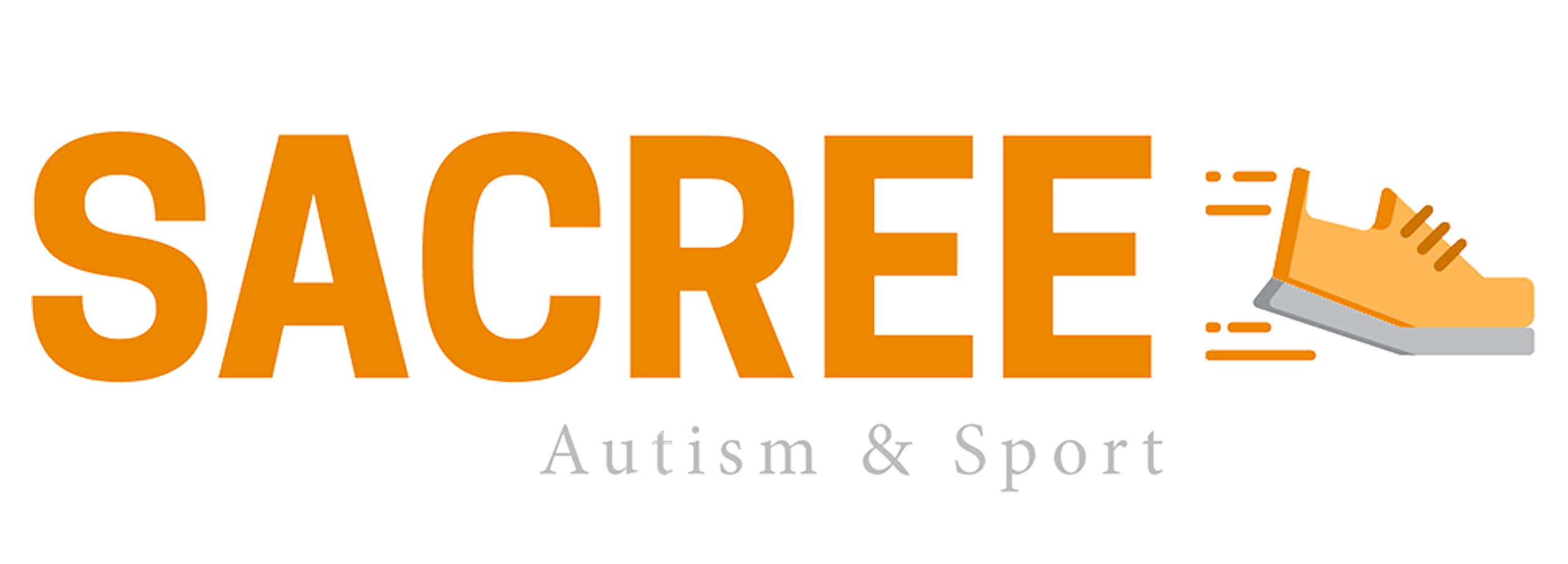
One in five people in the UK have a disability or long-term health conditions (LTHC), yet their participation in sports is significantly lower compared to others. Disabilities are described as physical or mental impairments that substantially affect a person’s ability to perform daily activities. It is also important to take into account that not all disabilities, such as autism, or LTHCs are visible, but they can still impact an individual’s ability to engage in sports and physical activities.
Recognizing the challenges and strengths of these individuals, it is essential that organizations understand and address their needs. This understanding is crucial for providing a positive and meaningful experience for everyone in sports and physical activities. This article from Buddle argues that inclusivity in sports isn’t just a moral obligation but also a legal one, as outlined in the Equality Act of 2010. This act mandates organizations to make reasonable adjustments to their services, ensuring accessibility for all.
Moreover, the article suggests that inclusivity shouldn’t be limited to making facilities accessible for wheelchair users but should also include adapting activities to accommodate anyone, which is not only benefitial for people with disabilities or LTHCs but also for the organizations themselves.
This is Buddle’s proposal from England, so navigate their website to find out more!

